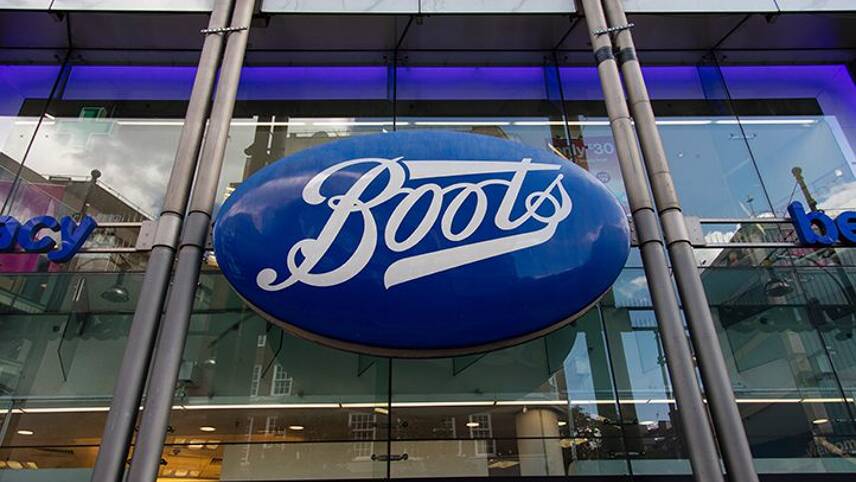Register for free and continue reading
Join our growing army of changemakers and get unlimited access to our premium content

The wet wipes will be removed from shelves by the end of the year
Boots has engaged with all of its suppliers in order to phase out the sale of wet wipes that consist of plastic fibres. The retailer has confirmed that these items will be removed from shelves and online purchasing options by the end of 2022.
The retailer currently has more than 140 different wet wipe brands and lines across skincare, beauty, baby, tissue and healthcare. The company accounts for around 15% of all face wipes sold in the UK.
Research conducted by the BBC in 2019 found that 11 billion wet wipes are sold in the UK each year, with 90% containing some plastic content. Wet wipes containing plastic are not biodegradable and are hard-to-recycle. They are a major contributor to fatbergs – blockages in the sewage system.
Boots UK’s chief customer and commercial officer Steve Ager said: “Our customers are more aware than ever before of their impact on the environment, and they are actively looking to brands and retailers to help them lead more sustainable lives.
“We removed plastics from our own brand and No7 wet wipe ranges in 2021, and now we are calling on other brands and retailers across the UK to follow suit in eliminating all plastic-based wet wipes. We all have a responsibility to protect our planet. By joining forces to inspire more positive action, we can collectively make a big difference.”
It is the latest effort from Boots to phase-out plastics from certain products and ranges. In 2021, Boots removed all plastic packaging from its online deliveries, eliminating 157 tonnes of plastic as a result.
Wet wipes
Thames Water recently released research revealing that 45% of UK adults admit to having flushed products marked as unflushable over the past year. Wet wipes were the most commonly cited item in that poll, raised by 29% of respondents.
MPs on the Environmental Audit Committee (EAC) last year conducted an inquiry into common sources of plastic pollution in water, including wet wipes. At present, they are not on the list of plastic-based items that the UK Government is considering banning.
Earlier this year, Tesco confirmed that it would stop stocking baby wipes and wet wipes.
The supermarket stopped stocking own-brand plastic-based wet wipes and baby wipes around two years ago and, after asking suppliers to shift to plastic-free alternatives or risk being delisted, removed branded plastic-based wipes from 14 March onwards.
Tesco is the nation’s biggest seller of baby wipes, selling 75 million packets annually – equivalent to 200,000 packets each day. The UK’s first retailer to ban wipes containing plastic was Holland and Barrett, in 2019.
Commenting on the Boots announcement, Environment Minister Rebecca Pow said: “This is a really encouraging commitment from Boots to prevent the damaging plastics in wet wipes from entering our environment.
“We have already conducted a call for evidence on wet wipes, including the potential for banning those containing plastic. This is in addition to the action we have already taken to tackle plastics, including banning microbeads in rinse-off personal care products, restrictions on single-use plastic straws, stirrers and plastic-stemmed cotton buds, and the 10p plastic bag charge. In the meantime, our message is clear – you should bin and not flush wet wipes.”


Please login or Register to leave a comment.